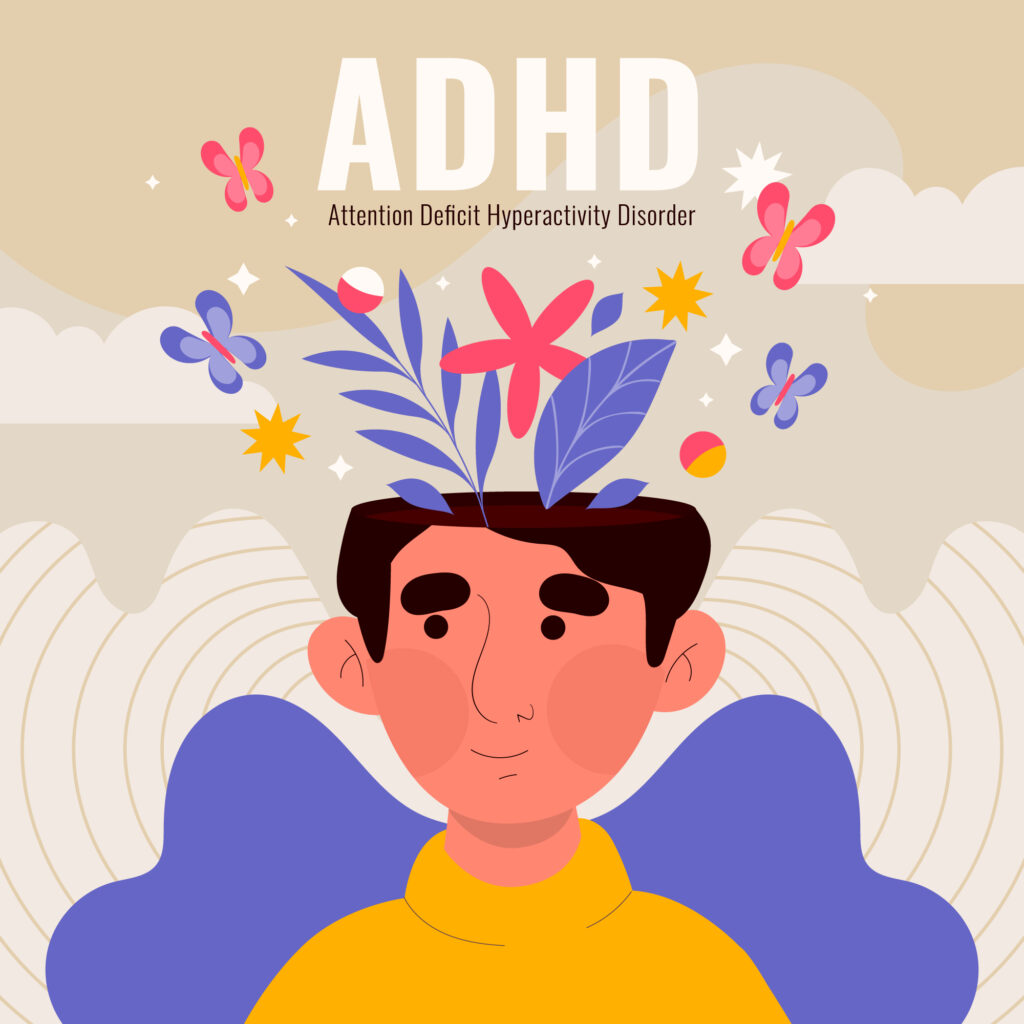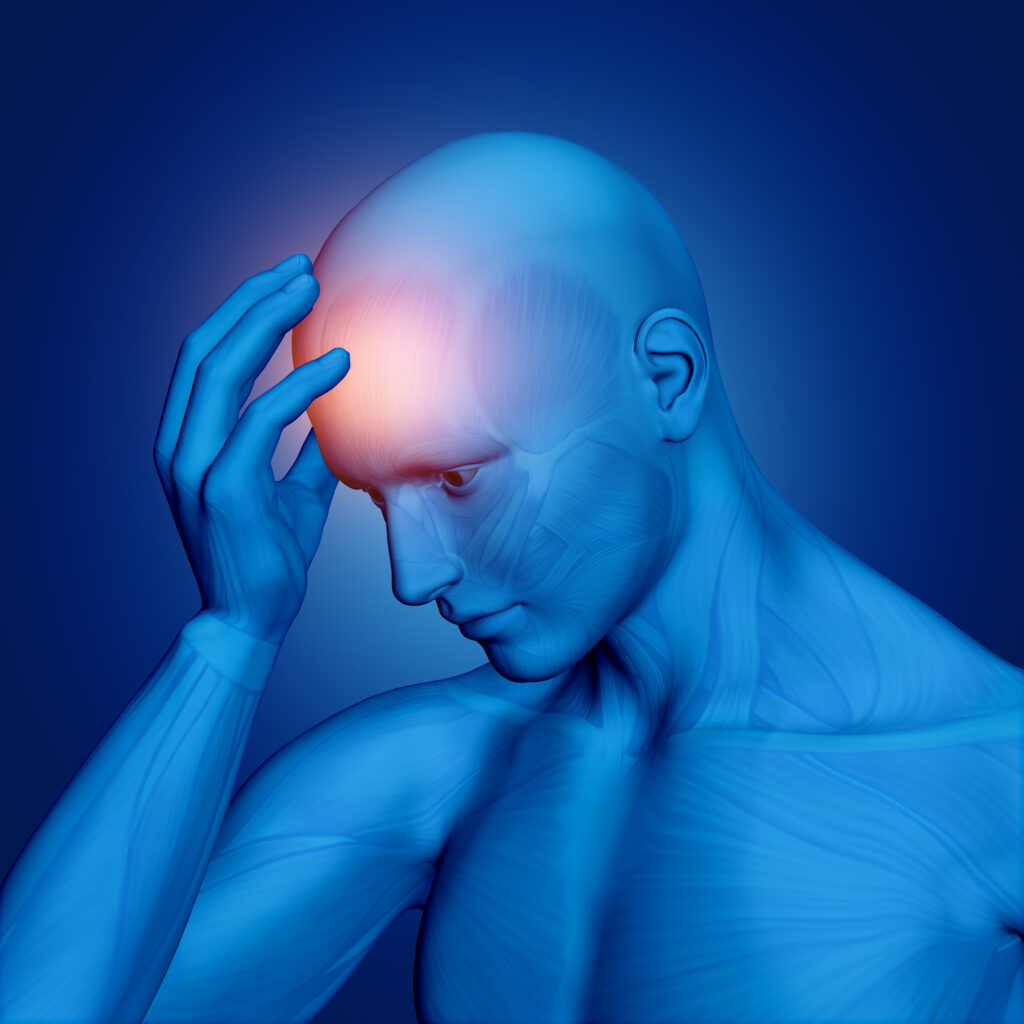
Table of Contents
Introduction
ADHD, or Attention Deficit Hyperactivity Disorder, is a neurodevelopmental condition that affects millions of individuals worldwide. While it’s often associated with restlessness and impulsivity, there’s another aspect of ADHD that is less talked about but equally significant: ADHD paralysis. In this article, we’ll delve into the depths of ADHD paralysis, exploring what it is, how it impacts daily life, and most importantly, how to overcome it.
What is ADHD Paralysis?
ADHD paralysis is a term used to describe the overwhelming feeling of being stuck or unable to take action. It’s as if there’s a mental roadblock preventing individuals with ADHD from starting or completing tasks, even ones they find important. This phenomenon can lead to frustration, stress, and a sense of underachievement.
The Impact on Daily Life
The effects of ADHD paralysis can be far-reaching. From simple everyday tasks like doing the laundry to more complex responsibilities such as studying for exams or completing work projects, It can disrupt one’s life in various ways. This often leads to a sense of inadequacy and can contribute to low self-esteem.
Recognizing the Signs
To address the condition effectively, it’s crucial to recognize its signs. Common indicators include:
Procrastination
Procrastination becomes a constant companion, making it difficult to start or finish tasks.
Difficulty concentrating on tasks
Individuals with ADHD often struggle to maintain focus, making tasks even more challenging.
Frequent distraction
Easily getting sidetracked by external stimuli is a typical symptom.
Feeling overwhelmed by simple tasks
Tasks that others might find simple can feel insurmountable.
A constant sense of being behind schedule
The feeling of playing catch-up can be a constant source of stress and frustration.
If you or someone you know exhibits these signs, it may be an indication of ADHD paralysis.

Factors Contributing
Several factors can contribute to the development and exacerbation of ADHD paralysis. These include:
Neurological differences in ADHD brains
The unique way ADHD brain functions can make task initiation challenging.
High sensitivity to external stimuli
ADHD individuals often find it hard to filter out distractions.
Fear of failure
The fear of not meeting expectations can paralyze one’s ability to start tasks.
Perfectionism
Striving for perfection can lead to avoidance of tasks if they can’t be done perfectly.
Lack of structure and routines
A chaotic or disorganized environment can worsen ADHD paralysis.
Understanding these factors is key to addressing ADHD paralysis effectively.

Coping Strategies
Fortunately, there are numerous strategies and techniques that can help individuals with ADHD overcome paralysis. Here are some effective approaches:
Establishing Routines
Creating and sticking to daily routines can provide a sense of stability and predictability, making it easier to tackle tasks.
Breaking Tasks into Smaller Steps
Dividing larger tasks into smaller, more manageable steps can reduce feelings of overwhelm and make progress more achievable.
Mindfulness and Meditation
Practicing mindfulness and meditation can help calm a racing mind and improve focus, allowing for better task initiation.
Seeking Professional Help
Therapy, coaching, and medication can all play essential roles in managing ADHD paralysis. An important first step is to consult with a healthcare expert.
Tips for Family and Friends
Support from loved ones is invaluable for individuals with ADHD. Learn how to provide assistance without judgment and encourage them to seek help when needed.
Navigating ADHD Paralysis in the Workplace
Discover strategies for thriving in a professional setting, including time management techniques and effective communication.
Embracing Technology and Tools
Explore the tech-savvy solutions and productivity tools that can make a significant difference for those with ADHD.
Success Stories
Read inspiring stories of individuals who have overcome ADHD paralysis and achieved their goals.
Breaking Stigmas
Challenge misconceptions and stigmas surrounding ADHD by promoting awareness and understanding.
The Role of Medication
Learn about the role medication can play in managing ADHD symptoms and how it relates to paralysis.
Nutrition and Exercise
Discover how a healthy lifestyle can positively impact ADHD symptoms and overall well-being.
The Importance of Self-Care
Explore self-care practices that can help individuals with ADHD manage stress and maintain balance in their lives.
Conclusion
In conclusion, ADHD paralysis is a real and challenging aspect of living with ADHD. However, with the right strategies, support, and understanding, individuals with ADHD can break free from the grip of paralysis and lead fulfilling lives.
FAQs
Is ADHD paralysis the same as procrastination?
No, ADHD paralysis encompasses more than procrastination. While procrastination is a component, it also involves an overwhelming feeling of being stuck and unable to take action.
Can ADHD paralysis be overcome without professional help?
It’s possible to make progress on your own, but professional help can significantly improve your ability to manage ADHD paralysis effectively.
How can family and friends support someone with ADHD paralysis?
Offering non-judgmental assistance, encouragement, and understanding can go a long way in supporting individuals with ADHD paralysis.
What role does medication play in managing ADHD paralysis?
Medication can help manage some ADHD symptoms, which may indirectly reduce the impact of ADHD paralysis. However, it’s essential to consult a healthcare professional for guidance.
Are there specific self-care practices that work best for managing ADHD paralysis?
Self-care practices such as exercise, proper nutrition, and stress management techniques can significantly help individuals with ADHD manage the challenges of paralysis.
